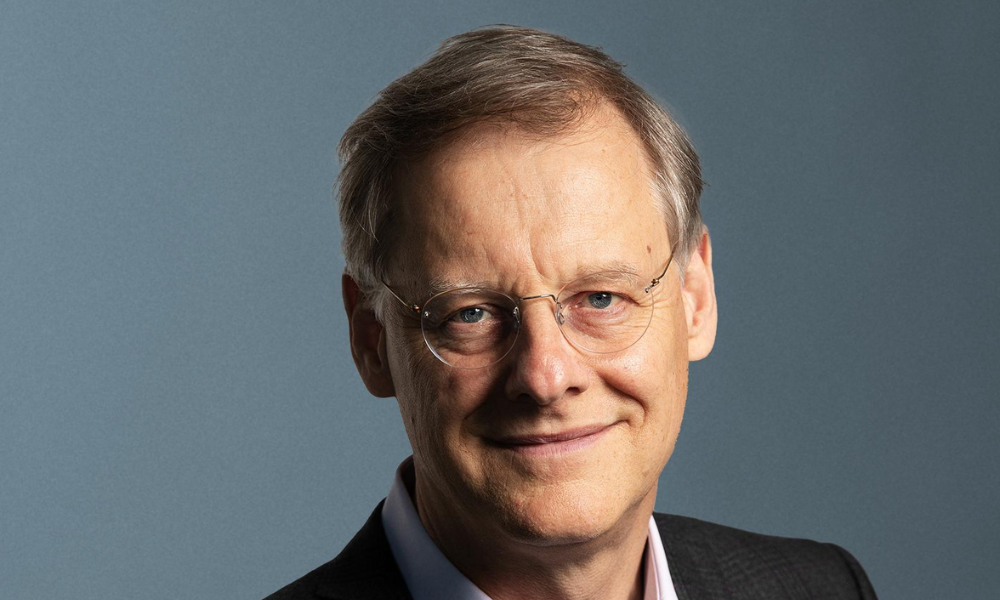Recent massive bank failures have added stress to an already volatile economy

A recession is coming later this year as stress in the banking system continues. That’s the assessment of Dallas-based CBRE, the world’s largest commercial real estate services and investment firm.
Richard Barkham, global chief economist & head of Americas research, gave his observations last week amid an economic climate that continues to be beset by inflation.
“CBRE maintains its view that the US economy will enter a recession later this year,” Barkham concluded. “Stress in the banking system will further impact credit availability for real estate and other parts of the economy.
“These factors will result in lower occupier demand and subdued investment activity. As the rate-hiking cycle peaks in coming months, we expect that capital markets activity and leasing demand will pick up late in the year.”
What are examples of bank failures?
The assessment came days after the collapse of Silicon Valley and Signature banks – FDIC-ordered closures that sent shock waves through the markets. Barkham laid out his executive summary in a report related to the economy. Among the more salient points:
- The Consumer Price Index (CPI) rose by 6.0% year-over-year and 0.4% month-over-month in February, in line with consensus expectations. Lower energy prices helped reduce the annual rate from 6.4% in January.
- Core inflation, which excludes food and energy prices, rose by 5.5% annually. On a month-over-month basis, core inflation increased more than expected by 0.5%.
- Although the Fed has made progress in its inflation fight, the February CPI reading makes clear its job is not yet finished.
- CBRE expects the Fed will increase rates by 25 basis points (bps) this week, provided that recent stress to the banking system eases. The Fed also may slow its quantitative tightening campaign.
- Over the near term, recent banking sector turmoil will be a headwind for commercial real estate, lessening occupier demand and dampening capital markets activity as credit underwriting standards tighten further.
“The Fed has made progress in its fight against inflation as the annual rates has fallen to 6% in February from a peak of 9% in June 2022,” Barkham noted. “However, the rate of decline in annual inflation each month is beginning to slow and core inflation rose more in February than in January. The indicates that the Fed’s job is not yet finished.”
How did bank failures affect the nation?
The bank failures of the past few weeks will only exacerbate conditions, he added: “Recent stress in the banking system – specifically the second and third largest bank failures in US history during the past few days – will continue the Fed’s balancing of risks as it sets policy,” he noted. “Nevertheless, we expect that the Fed will increase the federal funds rates by another 25 bps [on March 22] to a range of 4.75% to 5%. Although more gradual rates hikes may be necessary, the Fed could pause if banking system stability further erodes.”
Barkham has predicted the emergence of recession for some time. He broached the idea in a January presentation: “Along with many other forecasts, we see the United States entering a moderate recession in 2023, probably after Q1,” he said. “Domestically, despite some recent good news, the battle with inflation is not yet done. There is still excess demand in the labor market. We’re almost at the peak of the rate cycle, but I think there will be one or two more interest rate rises to take demand out of the economy and reduce the pressure on inflation.”
In a December interview with Mortgage Professional America, Barkham said he doesn’t expect the Federal Reserve to stop raising rates as it continues to fight inflation. “We have had a little bit of progress on inflation,” he told MPA. “As you approach the peak of the interest rate cycle, the Fed is going to potentially be just a little bit gentler. In other words, it had to undertake urgent action over the course of 2022. It’s coming to a point where it is not taking urgent action anymore. The pace of rate increases is easing.”
During the interview with MPA, Barkham expressed a belief that the Fed may have acted too slow in implementing its inflation-busting tactics: “I think they probably left it too long to raise interest rates, but they wouldn’t be the only central bank in the world that made that mistake,” he said. “And they did that, remember, under pressure from COVID where the alternative might have been a more serious economic collapse.”



